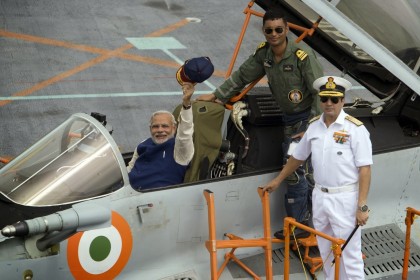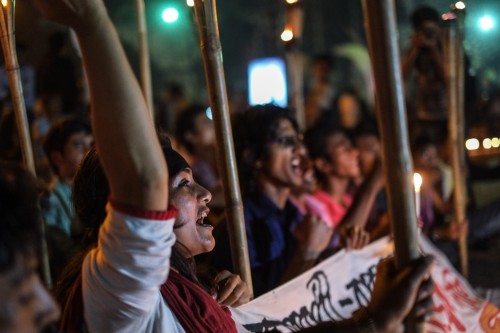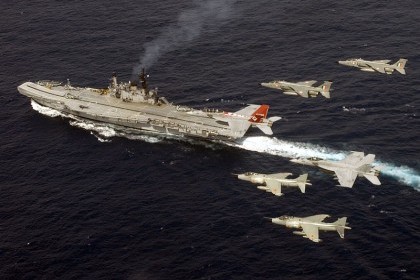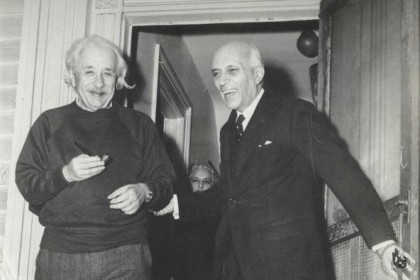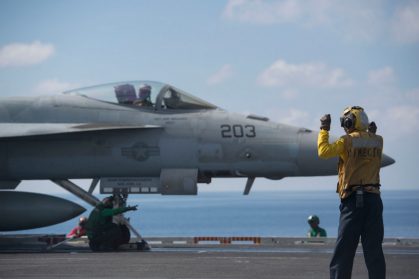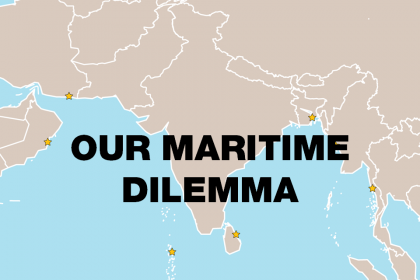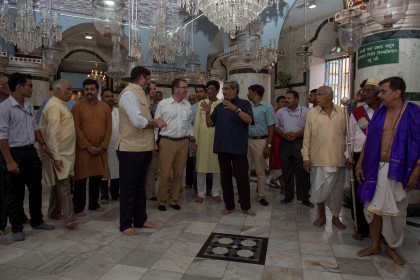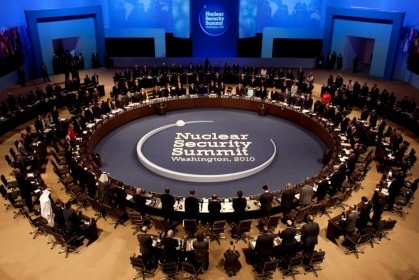India’s defence: towards self-reliance
Speedy clearances to long-pending equipment demands of the Indian military and a push for local defence production have been the hallmarks of two years of the Modi government. The next three years must create that defence industrial base, encourage private sector participation and focus on R&D.

